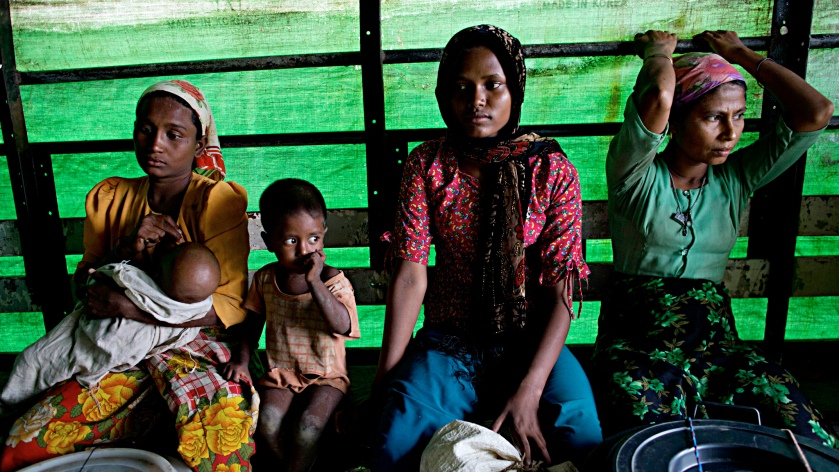Atsumi is twenty-three years old. She has been living in an Internet-Café for two months. She works as a waitress at a coffeehouse, but she may lose the job if the owner finds that she has become homeless. When she was in high school, her father died of cancer, her mother left her, and she withdrew from school. A loan shark has been chasing her after the first loan. She has scarcely been surviving alone (Suzuki 2014: 16-36). Introduction It was in 2015 that the “hinkon joshi,”or women in poverty, which include the likes of Atsumi, suddenly gained public attention in Japan. A documentary by NHK discussed the shocking fact that a third of working women in Japan were poor. Even if they marry, becoming a “wife” would not give them any advantage in contemporary Japanese society; matrimony has not become a realistic measure for women to escape from poverty (NHK Research Group 2014: 64-65). This feminization of poverty is worrying for a country suffering from a declining birth rate. In this essay, I will …









